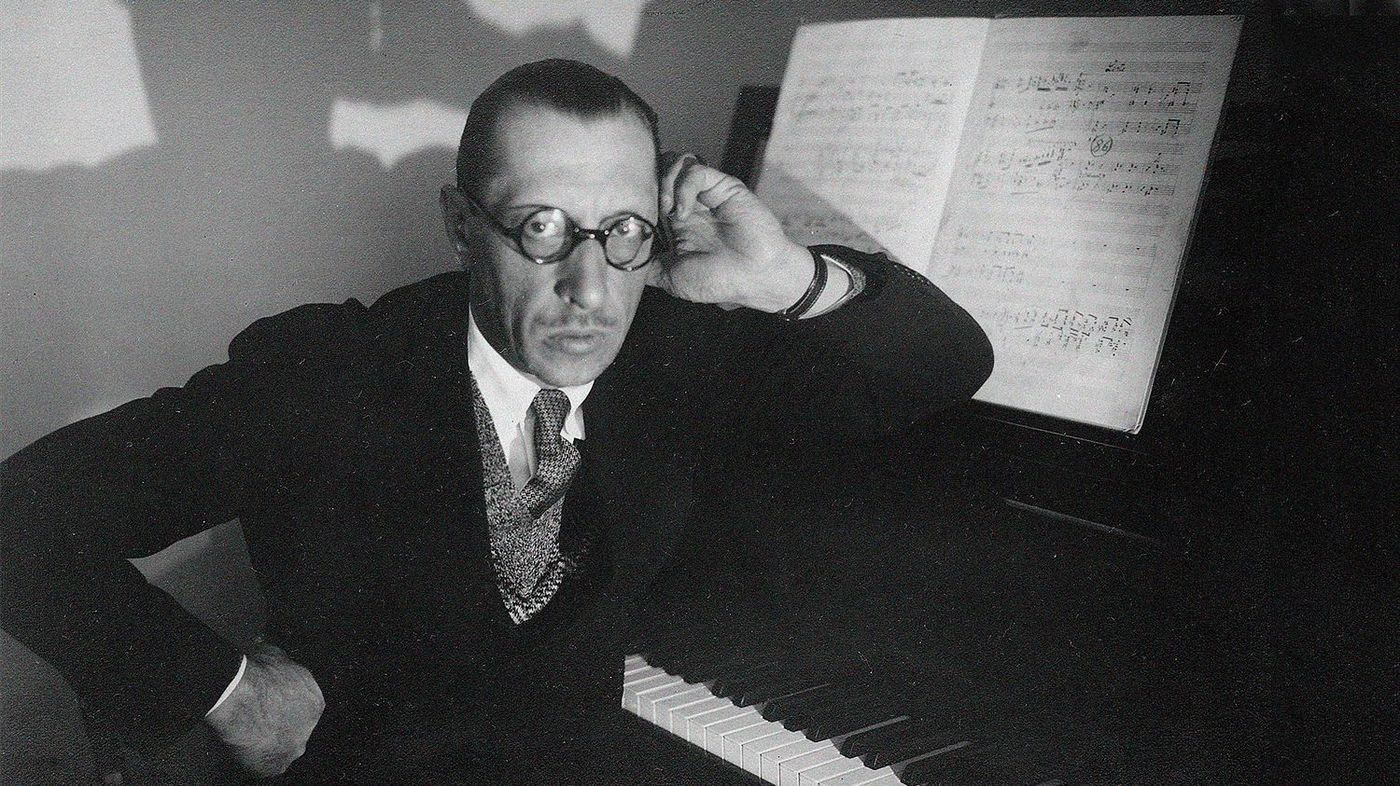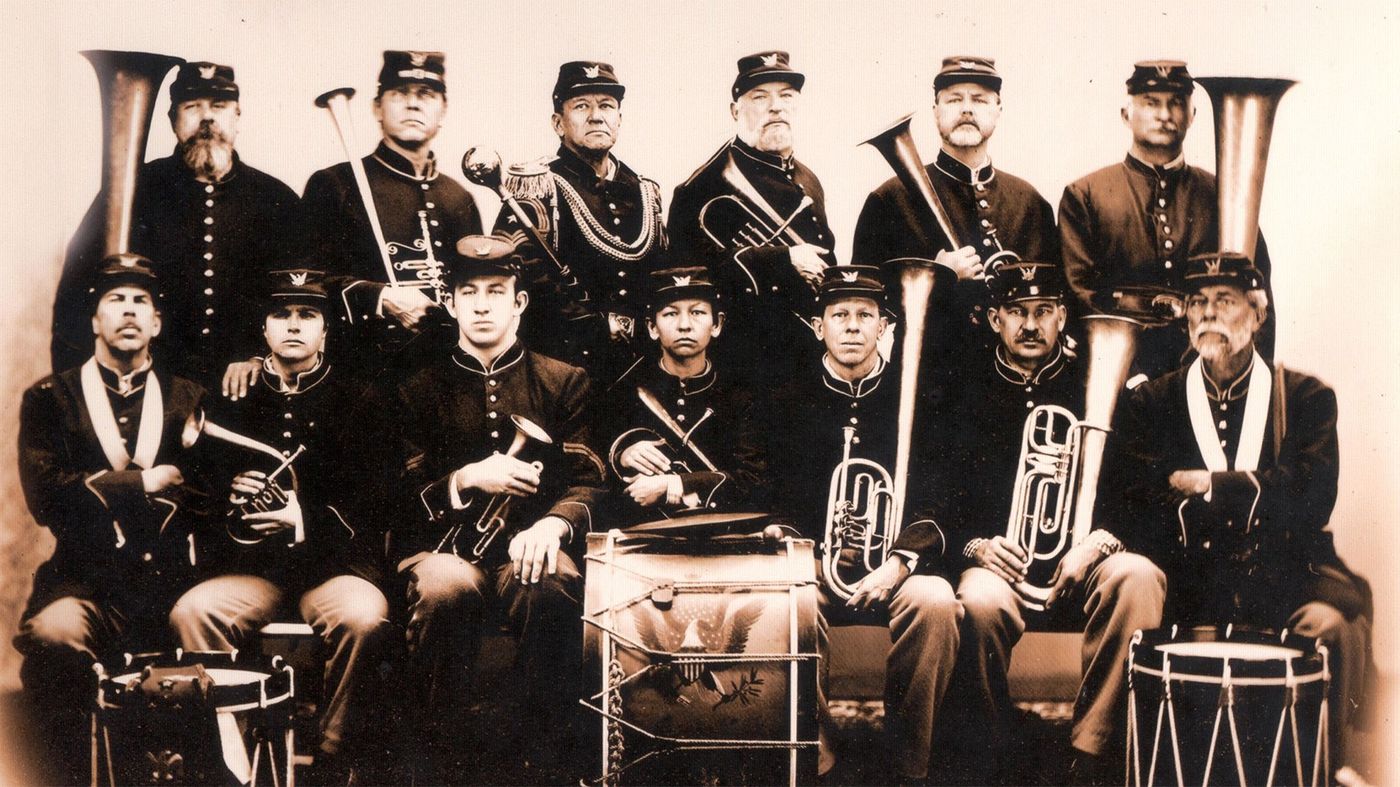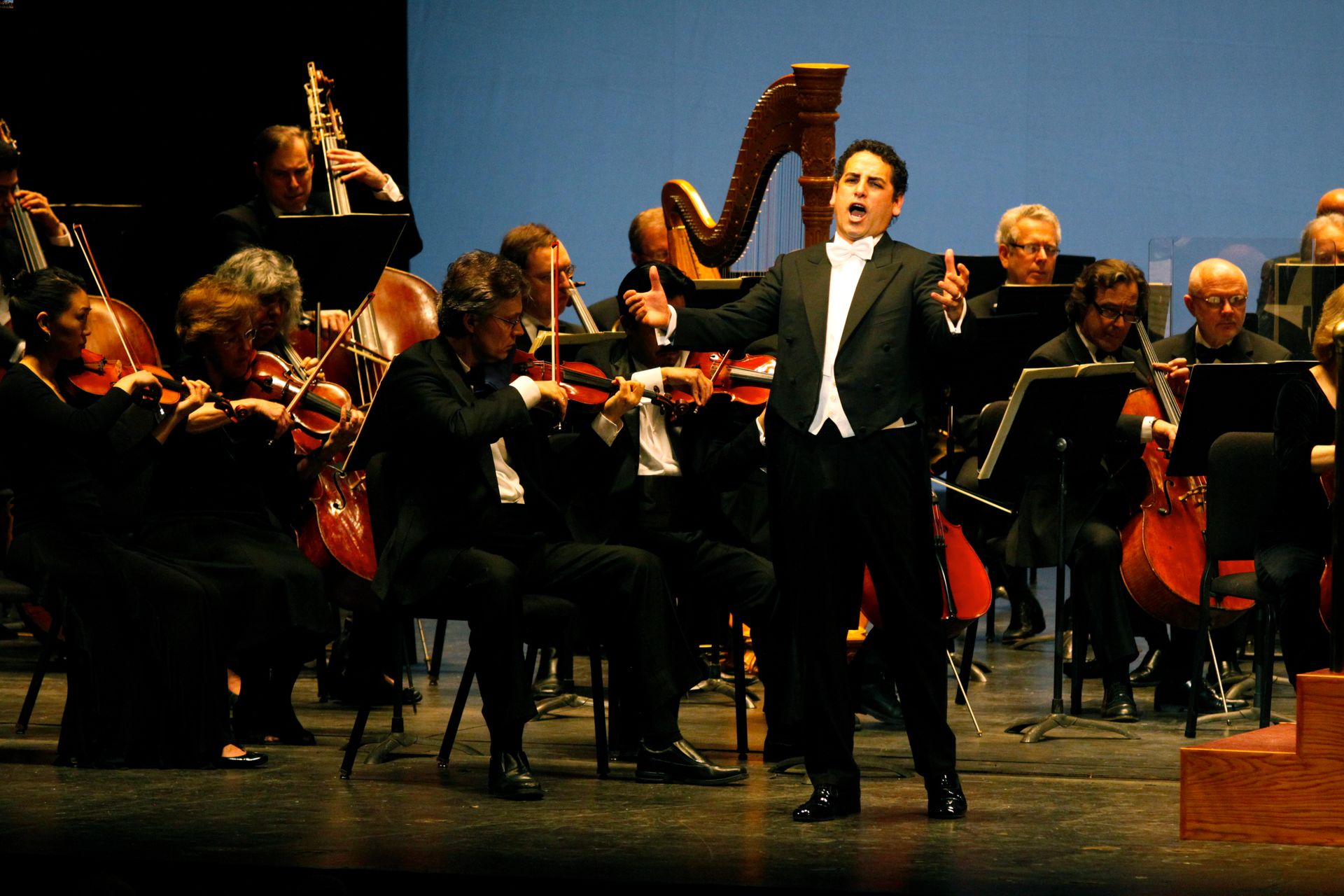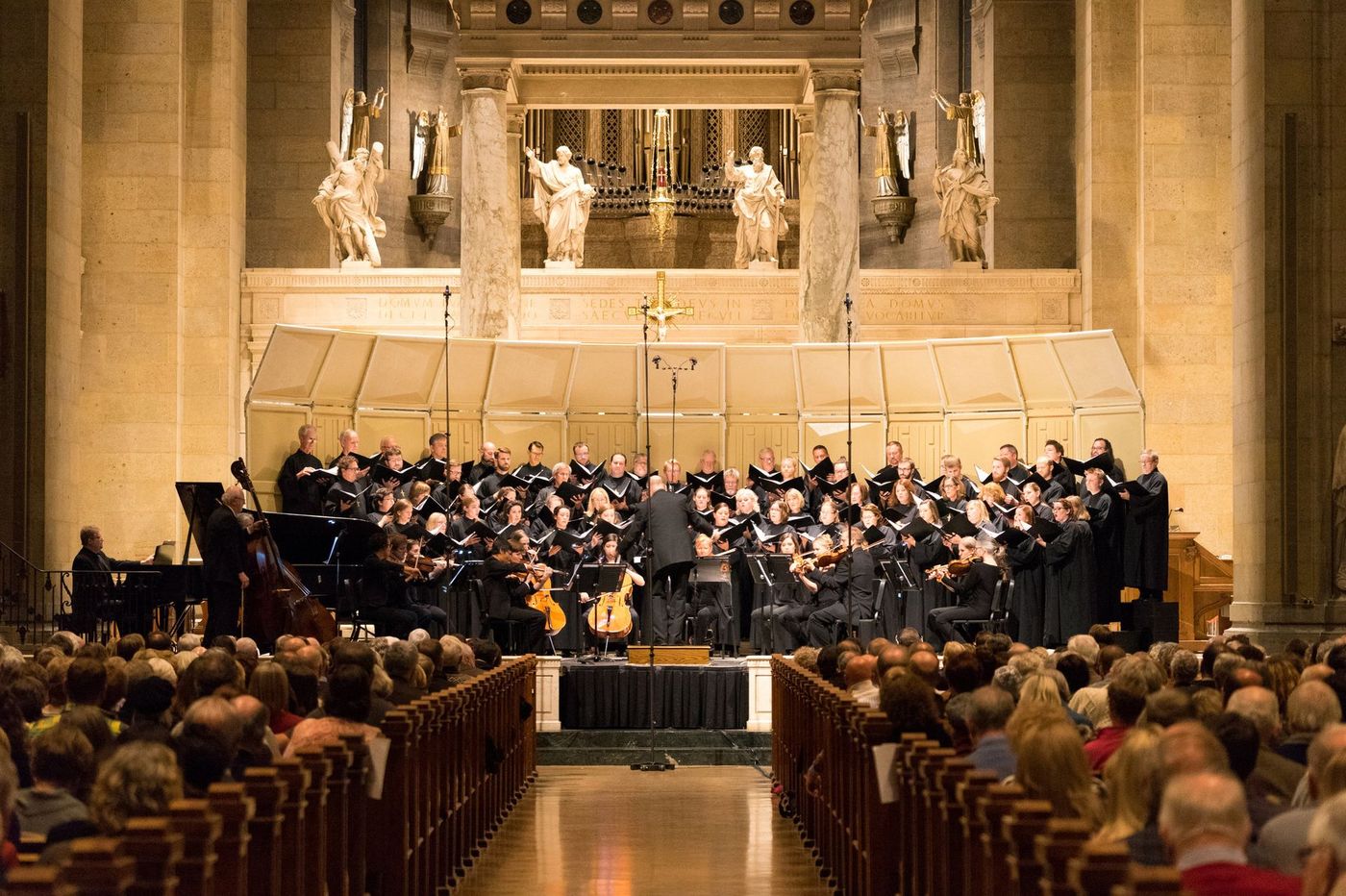Home>Events & Info>Music History>What Is Music History


Music History
What Is Music History
Modified: January 29, 2024
Explore the evolution and significance of Music History. Discover the origins, genres, and cultural impact of music throughout the ages.
(Many of the links in this article redirect to a specific reviewed product. Your purchase of these products through affiliate links helps to generate commission for AudioLover.com, at no extra cost. Learn more)
Table of Contents
Introduction
Music is a universal language that has been an integral part of human culture for thousands of years. It has the power to evoke emotions, tell stories, and unite people from different backgrounds. But have you ever wondered how the music we enjoy today came to be? That’s where music history comes in.
Music history is the study of the development, evolution, and impact of various musical styles, genres, and movements throughout time. It encompasses a vast timeline that spans centuries, from the ancient civilizations of Mesopotamia and Egypt to the cutting-edge sounds of contemporary music.
Understanding music history allows us to delve into the rich tapestry of human creativity and explore the artistic, cultural, and societal factors that shaped different musical movements. By examining the past, we can gain insights into the present and better appreciate the incredible diversity and richness of the music that surrounds us.
Moreover, studying music history provides us with a deeper understanding of our own musical identities. It allows us to connect with our roots and appreciate the influences that have shaped the sounds we enjoy today. Whether you’re a musician, a music enthusiast, or simply someone who appreciates the beauty of music, delving into the world of music history can be a fascinating and enriching journey.
In this article, we will explore the importance of studying music history, trace the evolution of music styles and genres, highlight significant figures in music history, discuss the influence of music history on contemporary music, and touch on the field of music historiography. So strap yourself in and get ready to embark on a captivating journey through the annals of music history!
Definition of Music History
Music history is the academic discipline that focuses on the study of music in its historical context. It encompasses the exploration and analysis of various musical forms, styles, genres, and movements throughout different periods of time. Music history seeks to understand the development and evolution of music, the sociocultural influences that shaped its creation, and the impact it has had on society.
At its core, music history aims to answer questions about the origins and progression of music. This involves examining the cultural, political, and artistic factors that influenced the creation and reception of music during specific eras. By studying music history, we gain insights into the social, political, and intellectual climate of different time periods, as well as the ways in which music both reflects and shapes these contexts.
Music historians use a variety of sources and methodologies to gather information about the musical past. These include written accounts, musical compositions, recordings, artistic depictions, and oral traditions. By analyzing these sources, music historians can reconstruct a narrative of how music developed and changed over time.
It is important to note that the scope of music history extends beyond the study of Western classical music, although this has traditionally been a significant focus of the discipline. Music history also encompasses the exploration of folk music, popular music, jazz, blues, rock, hip-hop, and various ethnic and world music traditions.
Furthermore, music history is not limited to the study of composers and their works but also considers the social, cultural, and political contexts in which music was created and consumed. This interdisciplinary approach allows for a holistic understanding of how music functions as a reflection and catalyst of change in human societies.
Overall, music history provides us with a comprehensive understanding of the musical past, helping us appreciate the diverse range of musical expressions throughout time and gain a deeper insight into our own musical experiences in the present.
Importance of Studying Music History
Studying music history is crucial for anyone who wants to fully appreciate and understand the world of music. Here are some key reasons why studying music history is important:
- Appreciating Musical Diversity: Music history introduces us to a wide range of musical styles, genres, and traditions from different cultures and time periods. By exploring music history, we can develop a deep appreciation for the incredible diversity of musical expressions that exist.
- Understanding Musical Influences: Music is a constantly evolving art form, and many contemporary musical styles and genres have their roots in the past. By studying music history, we can trace the influences and connections between different musical movements, allowing us to better understand the rich tapestry of musical evolution.
- Contextualizing Musical Works: Music is not created in a vacuum. It is deeply influenced by the social, cultural, and political contexts of its time. By studying music history, we can gain insight into the historical circumstances that shaped the creation and reception of musical works, allowing us to appreciate them on a deeper level.
- Developing Analytical Skills: The study of music history involves analyzing musical compositions, performances, and historical documents. This analytical approach helps develop critical thinking skills and the ability to evaluate and interpret musical works in their historical context.
- Gaining Cultural Understanding: Music is an integral part of culture, and studying music history provides a window into different societies and their values, beliefs, and traditions. It allows us to explore the social and cultural dynamics of different historical periods and gain a broader understanding of humanity.
Studying music history also has practical applications in various fields. It can enhance the education of musicians, composers, and music educators, providing them with a deep understanding of the traditions, techniques, and innovations that have shaped their art. Additionally, studying music history can benefit musicologists, researchers, and historians who seek to unravel the complexities of musical development and its impact on society.
Ultimately, studying music history enriches our musical experiences by providing context, fostering appreciation for different musical styles, and revealing the remarkable stories behind the music we love. It allows us to connect with the past, understand the present, and contribute to the future of music.
Evolution of Music Styles and Genres
Music is a dynamic and ever-changing art form, evolving in response to cultural, social, and technological advancements. Throughout history, numerous styles and genres have emerged, each with its own unique characteristics and influences. Here, we will explore the evolution of music styles and genres, highlighting key milestones along the way.
Ancient and Classical Music: The roots of music can be traced back to ancient civilizations such as Mesopotamia, Egypt, Greece, and Rome. These early societies developed basic musical systems which set the foundation for subsequent musical developments. Classical music, with its structured forms and emphasis on harmony and melody, emerged in the medieval and Renaissance periods, with composers like Bach, Mozart, and Beethoven leaving lasting legacies.
Rise of Popular Music: In the 20th century, popular music exploded onto the scene, driven by technological advancements and cultural shifts. The early 1900s saw the emergence of genres like jazz, blues, and folk, which blended African and European musical traditions. This period also witnessed the birth of recording technology, allowing music to reach a wider audience than ever before.
Rock and Roll: The 1950s and 1960s marked a revolution in popular music with the emergence of rock and roll. Artists like Elvis Presley, Chuck Berry, and The Beatles brought a new energy and rebellious spirit to the world of music. Rock and roll paved the way for various sub-genres like punk, metal, and alternative rock, each pushing the boundaries of musical expression.
Electronic and Dance Music: With advancements in technology and the rise of electronic instruments, the late 20th century witnessed the birth of electronic and dance music. DJs and producers like Kraftwerk, Daft Punk, and Calvin Harris revolutionized the music scene by creating infectious beats and experimenting with synthesizers and computer-generated sounds.
Hip-Hop: Originating in the African-American communities of the 1970s, hip-hop became a global phenomenon. With its rhythmic beats, poetic lyrics, and innovative sampling techniques, hip-hop artists like Grandmaster Flash, Run-D.M.C., and Jay-Z created a powerful and influential genre that continues to dominate the music industry today.
Global Fusion: In recent decades, the boundaries between musical styles and genres have become increasingly blurred as artists draw inspiration from diverse musical traditions and cultures. This has resulted in the rise of global fusion genres, where musicians combine elements from various traditions to create unique and eclectic sounds.
The evolution of music styles and genres is a testament to the ever-changing nature of human creativity. As new influences emerge and technologies advance, music continues to evolve and adapt, reflecting the complexities and diversity of the world we live in.
Significant Figures in Music History
Throughout history, there have been countless individuals who have made significant contributions to the world of music. These trailblazing figures have shaped and defined their respective eras, leaving a lasting impact on music and inspiring generations to come. Here are just a few of the many influential figures in music history:
- Wolfgang Amadeus Mozart (1756-1791): Mozart is widely regarded as one of the greatest composers of all time. His prodigious talent and innovative compositions transcended the classical music of his time, leaving an indelible mark on music history. His works, such as Symphony No. 40 and The Marriage of Figaro, continue to be celebrated for their beauty and genius.
- Ludwig van Beethoven (1770-1827): Beethoven, known for his powerful and emotive compositions, is considered a pivotal figure in the transition from the classical to the romantic era. His symphonies, including the iconic Symphony No. 9, pushed the boundaries of musical expression, leaving a profound impact on subsequent generations of composers.
- Johann Sebastian Bach (1685-1750): Bach’s contributions to music are immeasurable. Considered a master in various musical forms, his works, such as the Brandenburg Concertos and the St. Matthew Passion, exemplify technical brilliance and artistic depth. His contrapuntal style and intricate compositions continue to inspire musicians and composers to this day.
- Ludwig van Beethoven (1770-1827): Beethoven, known for his powerful and emotive compositions, is considered a pivotal figure in the transition from the classical to the romantic era. His symphonies, including the iconic Symphony No. 9, pushed the boundaries of musical expression, leaving a profound impact on subsequent generations of composers.
- Ella Fitzgerald (1917-1996): Fitzgerald, often referred to as the “First Lady of Song,” was a groundbreaking jazz vocalist. Her remarkable vocal range, impeccable technique, and improvisational skills revolutionized the genre. Her interpretations of jazz standards like “Summertime” and “Mack the Knife” continue to captivate audiences.
- Bob Dylan (born 1941): Dylan’s impact on music and popular culture is immeasurable. Known for his poetic lyrics and folk-rock style, he became a voice for a generation during the turbulent 1960s. Songs like “Blowin’ in the Wind” and “Like a Rolling Stone” have become anthems of social change and continue to resonate with audiences today.
- Aretha Franklin (1942-2018): Franklin, aptly called the “Queen of Soul,” possessed an unparalleled vocal prowess and an ability to infuse passion and emotion into her performances. Her powerful voice and iconic songs like “Respect” and “Natural Woman” broke through barriers, influencing generations of vocalists and earning her numerous accolades.
- Michael Jackson (1958-2009): Jackson, often referred to as the “King of Pop,” revolutionized the music industry with his electrifying performances, innovative dance moves, and compelling music videos. His album “Thriller” remains the best-selling album of all time, showcasing his immense talent and pop sensibility.
These figures represent just a fraction of the remarkable individuals who have shaped music history. Their contributions and artistic legacies continue to inspire and influence musicians, composers, and music lovers around the world, ensuring their impact will be felt for generations to come.
Influence of Music History on Contemporary Music
Contemporary music is a vibrant tapestry woven from the threads of music history. The rich legacy of past musical styles, genres, and movements continues to shape and influence the music we hear today. Here, we examine the profound impact that music history has on contemporary music.
Musical Styles and Genres: Contemporary music draws inspiration from a wide range of musical styles and genres from the past. Elements of classical, jazz, blues, rock, soul, and hip-hop can be found in various contemporary compositions and performances. Artists often blend different genres and create unique combinations, resulting in innovative and eclectic sounds.
Technological Advances: The advancements in music technology over the decades have greatly influenced the landscape of contemporary music. From the invention of electric guitars and synthesizers to the development of digital recording and production techniques, these technological innovations have opened up new possibilities for creating and manipulating sound.
Musical Forms and Structures: The classical forms and structures established by composers like Bach, Mozart, and Beethoven still serve as a foundation for contemporary music. While contemporary music often pushes the boundaries and experiments with form, the essence of traditional musical structures is still evident in many compositions.
Sampling and Remixing: The practice of sampling, where snippets of pre-recorded music are incorporated into new compositions, is a prominent feature of contemporary music. This technique allows artists to pay homage to the past by incorporating familiar sounds while infusing them with their unique creative vision. Remixing, another popular practice, involves reworking existing tracks to create entirely new interpretations.
Cultural Influences: Music history provides a wealth of cultural references that contemporary artists can draw upon. Whether it is incorporating traditional folk melodies, exploring world music traditions, or exploring themes and narratives rooted in specific cultural contexts, the influence of music history can be seen in the diversity and multiculturalism present in contemporary music.
Sociocultural Commentary: Contemporary music often reflects the social and cultural issues of the present, just as music throughout history has done. Artists use their music as a platform to express their thoughts, feelings, and commentary on topics such as politics, social justice, and identity. This tradition of music as a vehicle for social change and reflection can be traced back to influential figures in music history.
Music history provides a foundation of knowledge and inspiration for contemporary musicians and listeners alike. By understanding the evolution of musical styles and genres, the impact of technological advancements, the influence of cultural and social contexts, and the creative contributions of past artists, we can gain a deeper appreciation for the music being produced today. Music, as an art form, is a continuous conversation between the past and the present, and the influence of music history ensures that this conversation remains vibrant, dynamic, and ever-evolving.
Music Historiography
Music historiography is the study of the methods, theories, and approaches used in writing and interpreting music history. It involves critically examining the practices and perspectives that shape our understanding of the musical past. Just as history is influenced by the biases and interpretations of historians, music historiography acknowledges that our understanding of music is subjective and shaped by various factors.
One key aspect of music historiography is the exploration of different historical sources and their interpretation. Historians rely on a range of primary sources, such as musical compositions, letters, diaries, and historical accounts, to reconstruct the musical past. However, the interpretation of these sources can vary, leading to different narratives and understandings of the music being studied.
Another important consideration in music historiography is the roles that social, cultural, and political contexts play in shaping musical developments. Understanding the broader historical landscape in which music evolves helps shed light on the motivations, influences, and impact of composers, performers, and audiences. Examining the social dynamics of different time periods allows historians to contextualize music and analyze its significance within a broader historical framework.
Music historiography also encompasses the study of historiographical theories and approaches applied to the writing of music history. Throughout history, different approaches have emerged, each with its own biases, priorities, and methodologies. For instance, some historians may focus on the biographical details and achievements of individual composers, while others may explore broader social and cultural movements that influenced musical developments.
Issues of gender, race, and representation in music historiography are also being increasingly addressed. Historians are recognizing the need to include diverse perspectives and challenge dominant narratives that have traditionally marginalized certain composers, performers, and genres. By highlighting the contributions of underrepresented individuals and communities, music historiography becomes more inclusive and representative of the true richness and diversity of music history.
Music historiography is an ongoing scholarly endeavor that continues to evolve and adapt alongside our changing understanding of history and society. By critically examining the methods, theories, biases, and narratives that shape music history, we can gain a deeper appreciation for the complex nature of music and its role in human culture.
Conclusion
Music history serves as the foundation for our understanding and appreciation of the music we enjoy today. Through the study of music history, we gain insights into the evolution of music styles and genres, the significant figures who have shaped the musical landscape, and the rich sociocultural contexts that have influenced musical developments.
By exploring music history, we learn to appreciate the incredible diversity of musical expressions and the deep connections between different eras and genres. We come to understand that music is not created in isolation but is a reflection of the cultural, social, and political forces at play in any given time period.
Studying music history enables us to develop analytical skills, think critically about musical works, and contextualize them within their historical framework. It allows us to trace the influences and connections between different musical movements, appreciating the interconnectedness of the musical world.
Furthermore, music history fosters cultural understanding, helping us appreciate the values, traditions, and perspectives of different societies. It serves as a reminder that music is a universal language that transcends boundaries and connects people across time and space.
However, it is important to recognize that music history is not a static field. It is a subject of ongoing exploration and interpretation, with new discoveries and perspectives continually shaping our understanding of the past. The field of music historiography encourages us to critically examine the methods, theories, biases, and narratives that shape our understanding of music history and strive for inclusivity and representation of diverse voices and perspectives.
Ultimately, the study of music history allows us to deepen our appreciation for the artistry, creativity, and cultural significance of music. It enriches our musical experiences by providing context, expanding our musical horizons, and connecting us to the wonders of the past. So let us embrace the journey through music history, exploring the symphonies of Beethoven, the improvisations of jazz, the rebellious spirit of rock and roll, and the diverse sounds of contemporary music, as we continue to celebrate the universal language of music.











